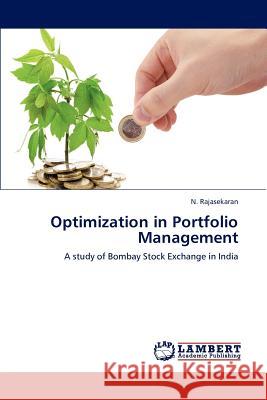Optimization in Portfolio Management » książka
Optimization in Portfolio Management
ISBN-13: 9783844333909 / Angielski / Miękka / 2012 / 124 str.
This study seeks to discern the complexities in the stock market and makes an attempt to understand the importance of in the economic growth and development of the emerging economies. The study uses Markowitz theorem to understand the expected returns and risk in the stock market. It explicates that there is very significant level of systemic risk rather than non-systematic risk in the Indian stock market. This analysis also expounds that Indian investors are very intelligent in overcoming the systematic risk through their net selectivity skills. The Indian stock market also graduated to Efficient market as it responds fast to publicly and privately available information. This is also substantiated with the help of portfolio evaluation ratios like Sharpe ratio, Treynors Ratio and Jensens measure. The decomposition of risk was also done with the help of Famas decomposition of total risk and return ratios. It also reiterated that there is very high systematic risk and non-systemic risk is relatively less. It suggests that there is a need to increase the market capitalization in India to diversify the risks as the market is highly volatile and efficient.











